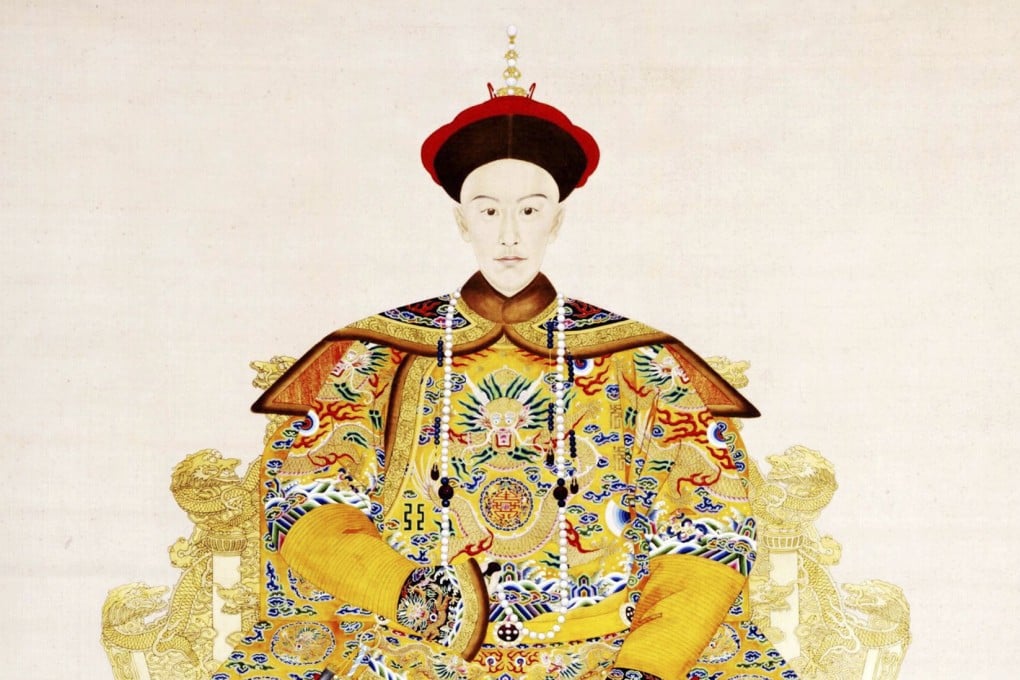Reflections | A Chinese emperor today? Like Japan and the UK, China might still have had a monarch if it wasn’t for one backtracking empress
- The Wuxu Reforms of 1898 aimed to change China from an absolute monarchy to one where the monarch was a largely ceremonial figure
- Empress Dowager Cixi approved the plans at first but all that changed 103 days later when she launched a coup and put the emperor under house arrest

The United Kingdom finally has a new prime minister after weeks of tedious debates between contenders for the position and shifting alliances within the ruling Conservative Party. And about time, too.
In the two months following the resignation of the previous prime minister, Boris Johnson, in early July, the British government was coasting on autopilot, with no one fully in charge of the country.
The UK has a political system where the prime minister is the head of government, with the king (or queen) as the titular head of state.
In other words, the prime minister is the person who actually runs the country, while the monarch is a largely ceremonial figure who has no overt political role, but whose exalted rank and reserve powers, though rarely exercised, help to keep prime ministers and their governments in check.
This arrangement is shared by constitutional monarchies like Denmark, Japan and Norway, and similar to parliamentary republics such as Germany, India and Singapore, with directly or indirectly elected ceremonial presidents as their heads of state instead of hereditary monarchs.

